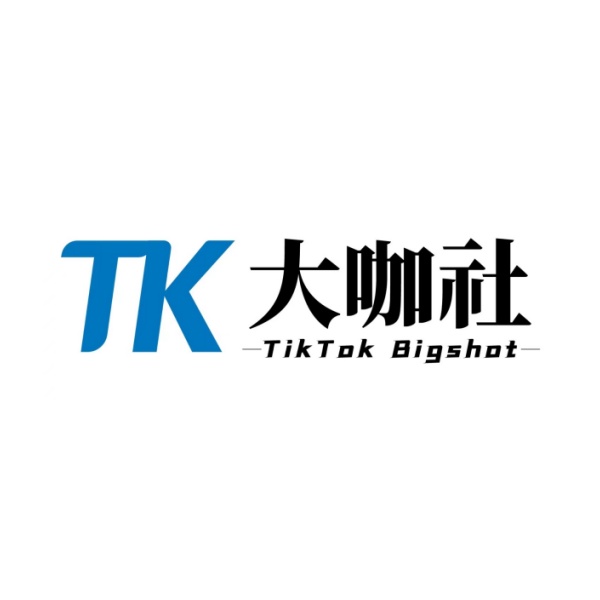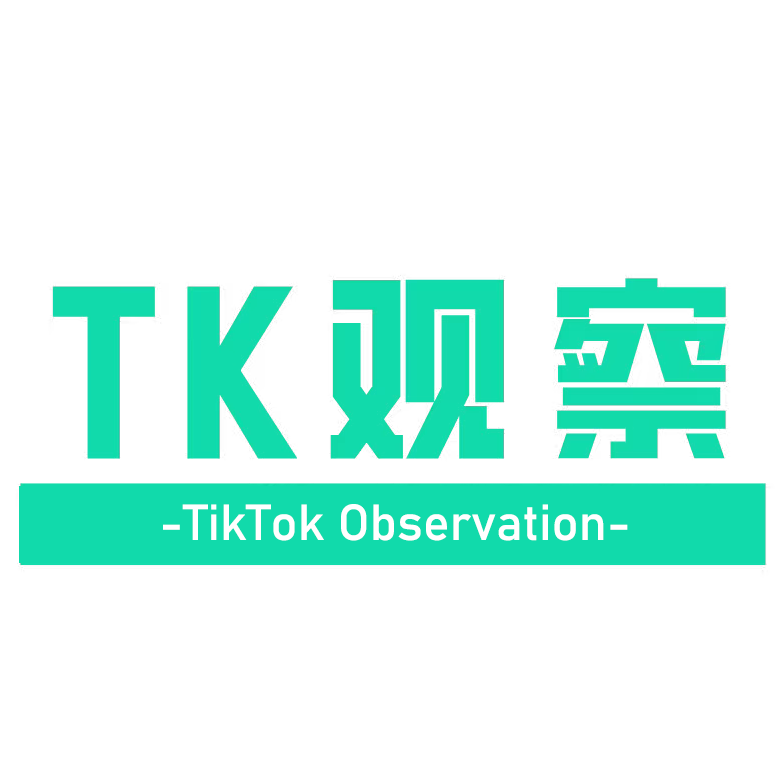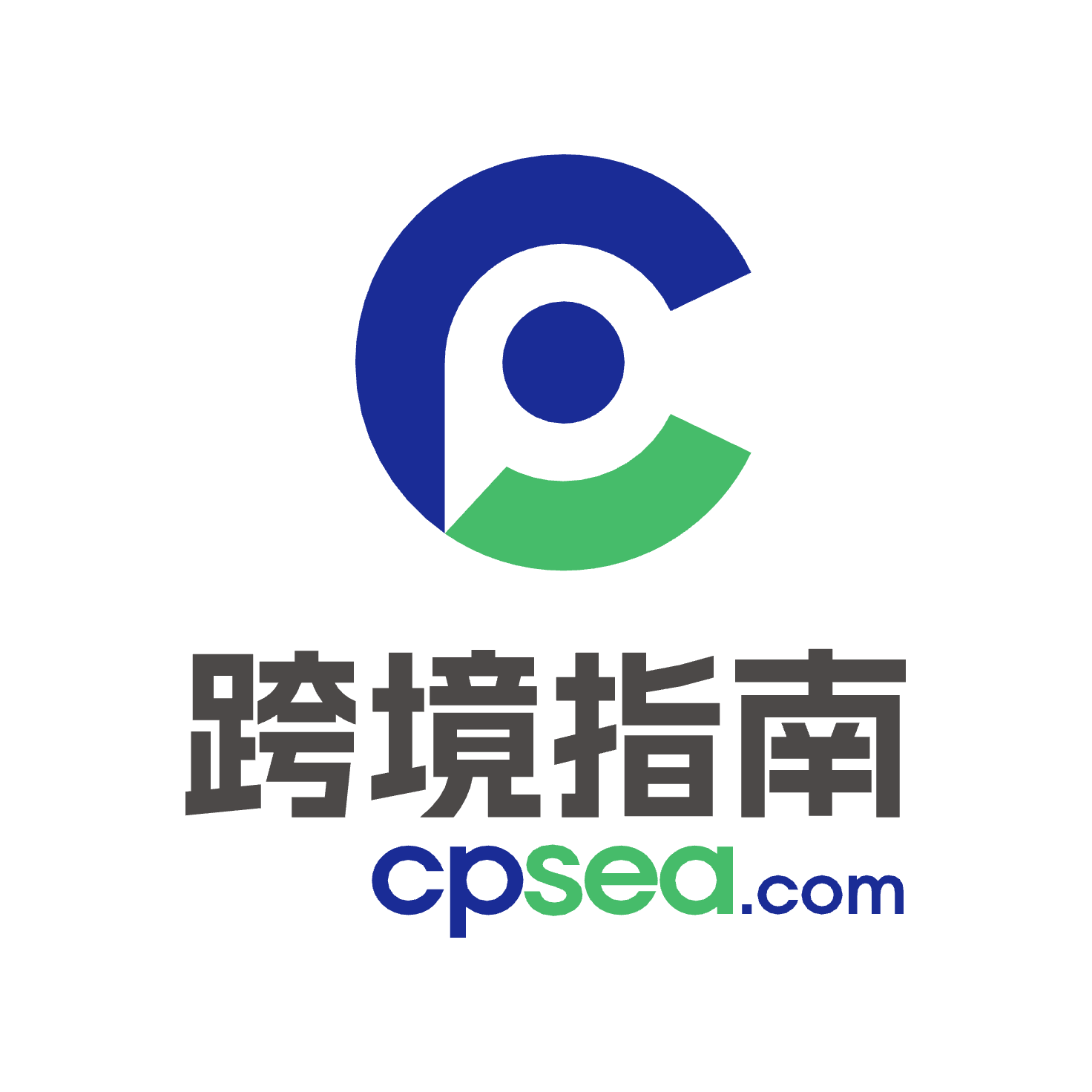Stanley cup maker facing lawsuits alleging company failed to disclose lead

TKFFF · 2024-02-23 15:44

The maker of Stanley cups, the popular travel tumblers that have skyrocketed in popularity, is facing two proposed class action lawsuits that allege the company failed to disclose the cups contain lead.
The maker of Stanley cups, the popular travel tumblers that have skyrocketed in popularity, is facing two proposed class action lawsuits in the U.S. that allege the company failed to disclose the cups contain lead.
The lawsuits, filed last week in a Washington state district court, follow viral at-home tests that appear to show traces of lead allegedly found in the cups. No official reports of health complications from Stanley cups have emerged.
Stanley cup viral trends
The tumblers have see-sawed in viral trends in recent months. In November, a TikTok of a Stanley cup surviving a car fire received nearly 100 million views, with the company’s president later offering to replace the woman’s vehicle. In December, customers camped outside Targets in the U.S. to get their hands on special edition cups.
But the goodwill flipped for some last month, when people began posting TikToks of what they allege were positive at-home tests for traces of lead inside the tumbler . In a statement posted to the FAQ section of its website, Stanley says its product “includes some lead” to seal the vacuum installation to the base of the tumbler.
“Rest assured that no lead is present on the surface of any Stanley product that comes into contact with the consumer nor the contents of the product,” Stanley’s website says. “In the rare occurrence the base cap of a product comes off due to ordinary use and exposes this seal, it is eligible for our lifetime warranty.”
Lawsuits allege failure to disclose lead
The lawsuits say PMI Worldwide, the company that makes Stanley cups, failed to disclose that lead is used in the product.
In one of the lawsuits, a California resident says they bought a Stanley cup from Dick’s Sporting Goods but wouldn’t have purchased it if they knew it contained lead. They also say the product is advertised to be used during activities like climbing, even though that could result in a “substantial risk of lead exposure” from the cup being dropped.
In the other lawsuit, a Nevada woman says she bought a Stanley tumbler from Target for around $35 (U.S.) but can “no longer trust using this product safely for fear (of) lead exposure to her and her family.”
“(PMI Worldwide) knew or reasonably should have known about this lead issue for years but chose to conceal it from the public, presumably to avoid losing sales,” the lawsuit reads. “(The company) engaged in a scheme to mislead consumers about the characteristics, qualities, uses and benefits of the Stanley tumblers.”
The lawsuit seeks a full refund, along with any additional damages customers may have incurred, for anyone who purchased a Stanley tumbler at retail in at least the past four years. It also asks that Stanley fixes the issue, recalls the cups and runs a corrective advertising campaign.
Stanley cup maker rejects "meritless claims"
In a statement shared with the Star, the company said it “firmly stands behind its products and will vigorously defend itself against meritless claims.”
“Stanley tests for and validates compliance on all products through FDA accredited third-party labs that verify our products follow strict guidelines, including but not limited to BPA/BPS, PFOS, and phthalate regulatory requirements,” the company said.
[ad]


文章来源:多伦多星报
TKFFF公众号
扫码关注领【2024年台历】

TKFFF合作,请扫码联系

文章来源: 文章该内容为作者观点,TKFFF仅提供信息存储空间服务,不代表TKFFF的观点或立场。版权归原作者所有,未经允许不得转载。对于因本网站图片、内容所引起的纠纷、损失等,TKFFF均不承担侵权行为的连带责任。如发现本站文章存在版权问题,请联系:1280199022@qq.com
分享给好友:













